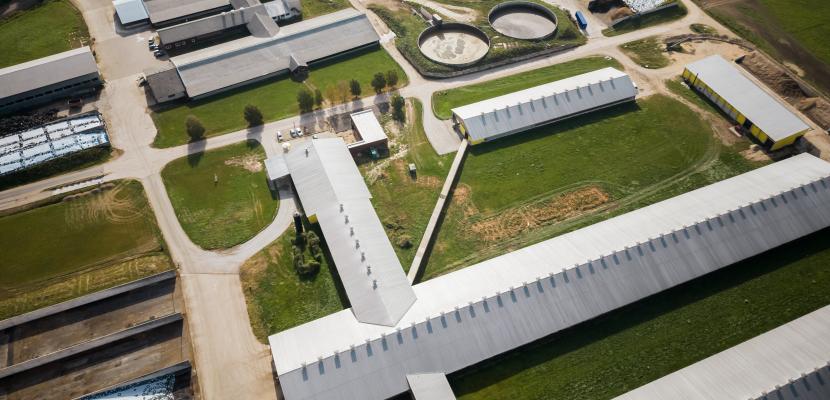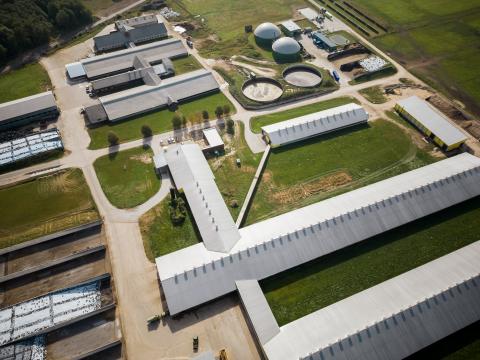
Investment grant for increasing the production and use of biomethane

About this good practice
Biomethane production could be an important activity for agricultural companies as a provider of the main input resource for biogas production, which helps to move towards higher recycling, efficiency and more sustainable business models to achieve the goals of the Green Deal.
The natural gas market has been extremely unstable with very large price fluctuations. Although the potential of biogas production is unlikely to be sufficient to replace all natural gas use, it has important implications for energy independence, as it is a controllable energy production based on local renewable resources.
In 2023, about 210 GWh of biomethane (21 million m3) was produced in Estonia, of which
62 GWh was produced from animal manure,
33 GWh from sewage sludge,
42 GWh from food industry residues,
70 GWh from biodegradable waste and
3 GWh from other sources.
The purpose of the grant is to promote the production and use of sustainable biomethane.
Support is provided for the construction of a biomethane production unit or for the conversion of an existing biogas production unit so that it can be used for biomethane production. Grant can be applied by a company whose main activity is agricultural and forestry management.
The amount of support per project is 5 million euros. Support rate 60%.
As a result of the grant, additional sustainable biomethane production capacity of at least 4 million m3 will be created in Estonia.
Resources needed
The program is financed by the the Recovery and Resilience Facility (RRF). Program is implemented by Estonian Environmental Centre (KIK). The program was developed by the Ministry of Regional Affairs and Agriculture in cooperation with KIK.
The budget of the program is 19 milj. euros.
Evidence of success
The program started in 2024. The application round took place in August 2024. The interest of entrepreneurs to produce bioethanol from waste has been significant. The measure has a noticeable stimulating effect.
As a result of the implementation of the intervention, the biomethane production capacity in Estonia is expected to increase by at least 4 million m3. The results will be summarized after the implementation of the supported projects.
Potential for learning or transfer
It is reasonable to motivate and support agricultural producers to use waste for energy production. Farmers can recycle manure and other organic waste, ensure a clean nature, get economic returns from biomethane production and contribute to increasing the energy independence of the region.
When implementing such support, it is expedient to set additional conditions related to environmental protection. For example, in this case, the condition is stipulated that in the case of biomethane production, 80% lower greenhouse gas emissions must be achieved to produce electricity, heat or cooling energy in use and at least 65% lower emissions for use in, for example, the transport sector. The raw material used to produce biomethane must comply with the sustainability criteria set out in the Renewable Energy Directive.
Further information
Images

Website
Good practice owner
You can contact the good practice owner below for more detailed information.